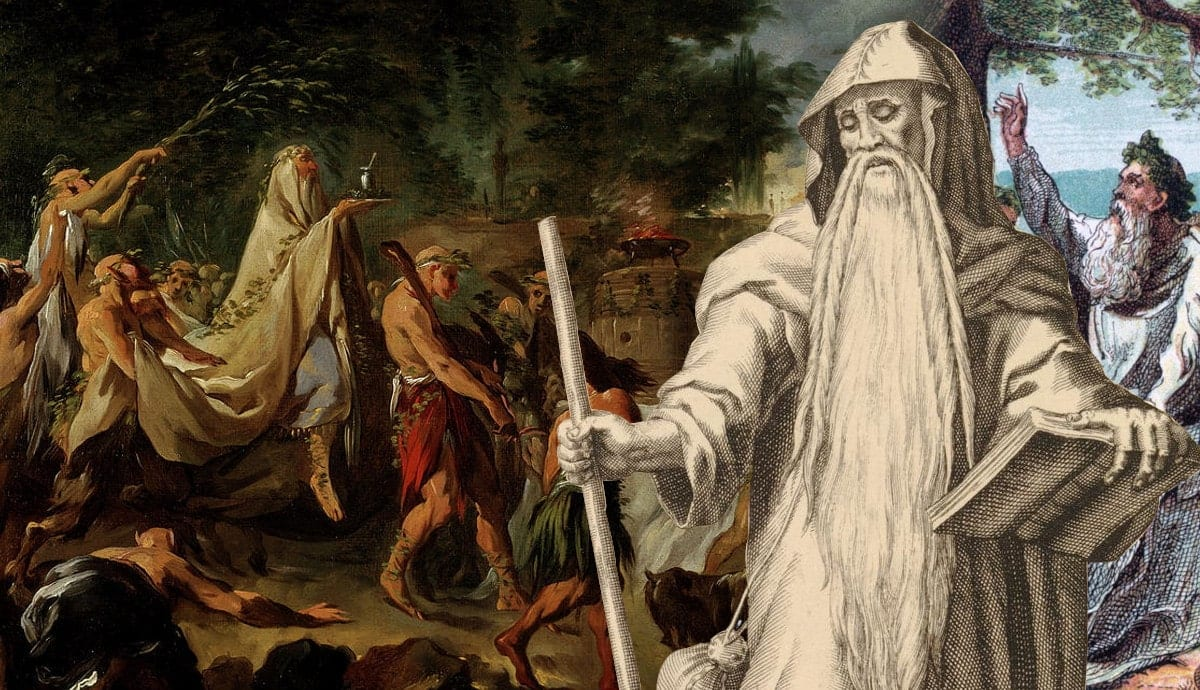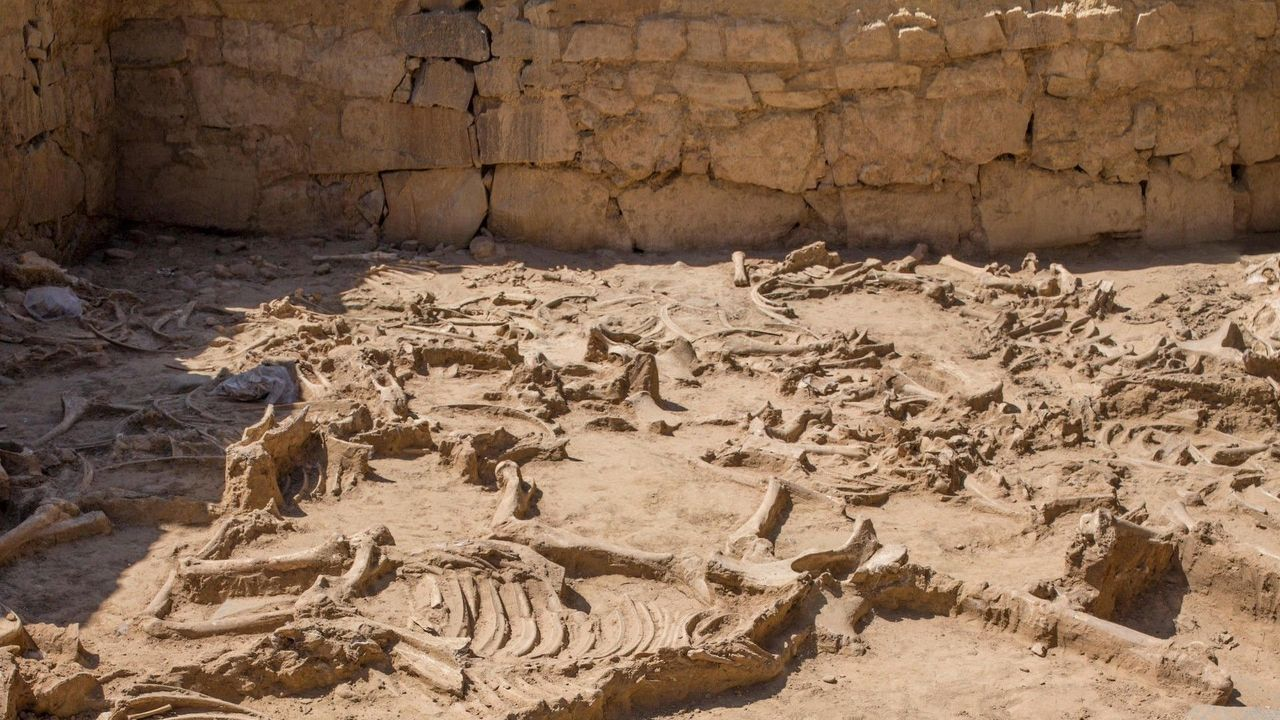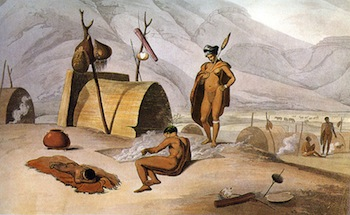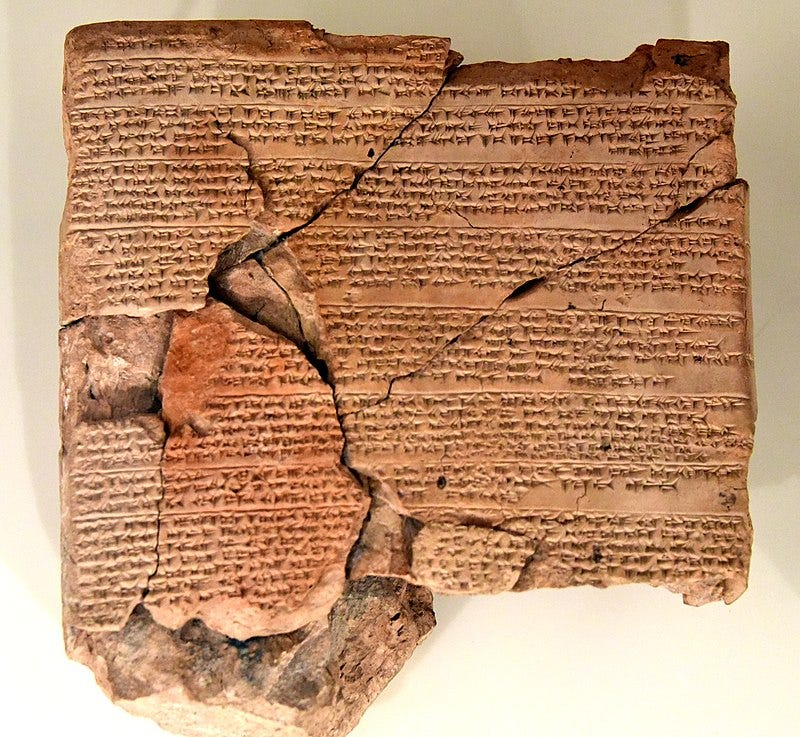The Genealogy of Alexander the Great: Historical and Literary Evidence
The purpose of this study is to contribute to the research of the genealogy of Alexander the Great, aiming to gather and analyze historical and literary evidence supporting the claims of his origins. This research utilizes material from ancient Greek literature, works of Greek Patrology, and other historical texts, thereby offering a comprehensive view of Alexander's lineage.
Sources and Methodology
The sources for this study include a diverse range of ancient writings:
Ancient Greek literature: Herodotus, Thucydides, Theopompus, Diodorus Siculus, and Plutarch.
Greek Patrology: S. Theophylii Antiocheni and Eusebii Caesariencis.
Corpus Scriptorum Historiae Byzantinae (CSHB): George Syncellus.
Papyrology: Bernard P. Grenfel and Arthur S. Hunt’s “Hellenica Oxyrhynchiacum Theopompi et Cratippi Fragmentis”.
Corpus Scriptorum Latinorum (CSL): Pompeius Trogus (via Iustinus' epitome).
Tertullian’s “On the Soul” containing a fragment from Ephorus.
Arrian’s “Anabasis of Alexander”.
The methodology involved textual criticism and a meticulous study of these texts to validate the historical and literary claims regarding Alexander’s genealogy.
Findings
Herodotus' Accounts: Herodotus (5th century BC) in “Persian Wars” describes Alexander I, an ancestor of Alexander the Great, as a descendant of Temenus from Argos in Peloponnese. Herodotus recounts the journey of three brothers, descendants of Temenus, from Argos to Illyria and then to Macedonia, where they established the Macedonian dynasty. Alexander I himself claimed Greek descent in his declaration to the Greek army before the battle of Plataeae.
Thucydides and Theopompus: Thucydides (5th century BC) in “History of the Peloponnesian War” confirms the Temenid origin of the Macedonian kings. Theopompus (4th century BC) in “Philippica” also traces the lineage back to Heracles through Temenus.
Diodorus Siculus' Contributions: Diodorus Siculus (1st century BC) in “Library of History” asserts that Alexander was a descendant of Heracles on his father’s side and of the Aeacids on his mother’s side. Diodorus’ fragments further trace the genealogy of Macedonian kings from Caranus to Alexander, reinforcing the Heraclid lineage.
Latin Sources: Iustinus, summarizing Pompeius Trogus, mentions Caranus leading Greeks to Macedonia and establishing the dynasty. Tertullian preserves a fragment from Ephorus, suggesting symbolic prophecies about Alexander's birth.
Plutarch and Arrian: Plutarch (1st-2nd century AD) in “Parallel Lives – Alexander and Caesar” states that Alexander’s lineage is well accepted as being descended from Heracles and Aeacus. Arrian (1st-2nd century AD) in “Anabasis of Alexander” reiterates Alexander’s own declarations about his divine and heroic ancestry.
Greek Patrology and Byzantine Sources: Theophylii Antiocheni and Eusebii Caesariencis provide genealogical accounts linking Alexander back to Heracles. George Syncellus in “Chronographiae” maintains this genealogy and even mentions alternative, though less credible, theories about Alexander’s parentage.
Analysis
The consistency across these sources lends significant credibility to the genealogical claims. Herodotus and Thucydides provide early accounts that are further corroborated by later historians like Diodorus and Plutarch. The use of textual criticism ensures that these ancient writings are interpreted accurately.
The study also addresses the so-called “Macedonic question,” asserting that the genealogical evidence predates these debates and thus remains unaffected by them.
The genealogical evidence strongly supports that Alexander the Great was of Greek origin, descending from Heracles and Aeacus. The various historical texts, analyzed through textual criticism, provide a coherent and credible lineage. As Plutarch states, Alexander's ancestry is accepted "without any question," solidifying his Greek heritage through both his paternal and maternal lines. This research contributes to the historical understanding of one of history's most significant figures, affirming his place within the Greek legacy.
Alexander the Great Family Tree
Source: researchgate
References:
1. Herodotus, The Persian Wars, translated by A. D. Godley. Loeb Classical
Library. Harvard University Press. 1926
2. Thucydides, History of the Peloponnesian War, translated by C. F. Smith. Loeb
Classical Library. Harvard University Press. 1928
3. Grenfell, Bernard Pyne., et Arturus Hunt, Hellenica Oxyrhynchia cum
Theopompi et Cratippi Fragmentis, Oxonii M.DCCCC.IX
4. Diodorus Siculus, Library of History, translated by C. H. Oldfather. Loeb
Classical Library. Harvard University Press. 1935
5. Marcus Junianus Justinus, Epitome of the Philippic History of Pompeius
Trogus, translated by the Rev. John Selby Watson, London, 1853. Corpus
Scriptorum Latinorum, a digital library of Latin Literature.
6. Plutarch (Plutarchus), Lives – Alexander and Caesar, translated by Bernadotte
Perrin. Loeb Classcal Library. Harvard University Press. 1919
7. Saint Theophyli Episcopi Antiocheni, Ad Autolycum lib. II, Patrologiae,
Cursus Completus, Series Graeca, v.6, J. -P. Migne, 1857.
8. Eusebii Pamphili Caesariensis Episcopi, Chronicorum Lib. I-II, Patrologiae,
Cursus Completus, Series Graeca, v. 19, J. -P. Migne, 1857.
9. Georgii Syncelli, Chronographiae, in Corpus Scriptorum Historiae
Byzantinae(CSHB), Georgius Syngellus et Nicephorus CP.,v.1, consilio
B.G.Niebuhrii, ex recensione G. Dindorfil. Bonnae,Impensis ed. Weberi,
M.DCCCXX.IX.
10.Ephorus – Palaifatus, Complete Works. Editions “Cactos”, 2001. Athens
(Greece).
11.Documenta Catholica Omnia – Multilingual Catholic E – Books Database,
Tertullianus – On the soul, translated by Peter Holmes D.D.
12. Mysliwiec, Karol, The twilight of ancient Egypt: first millenium B.C.E., p.
169. Cornell University Press. 2000.
13. “The Anabasis of Alexander; or, The history of the wars and conquests of
Alexander the Great. Literally translated, with a commentary, from the Greek
of Arrian, the Nicomedian”. By E. J. Chinnock, M.A., LL.B., LOND9N,
Rector of Dumfries Academy, Hodder and Stoughton, 27, Paternoster Row,
London. Butler & Tanner. The selwood works. Frome and London.
MDCCCLXXXIV. Cornell University Library PA 3935. E5A3 1884.
14. Carol. and Theod. Mulleri, Fragmenta Historicorum Graecorum. Editore
Ambrosio Firmin Didot. Parisiis MDCCCXLI.
15. Paul Kroh, Lexicon der Antiken Auctorem, Alfred Kröner Verlag, Stuttgart.
Translated in Greek by D. Lipurlis – L. Tromaras. University Studio Press.







